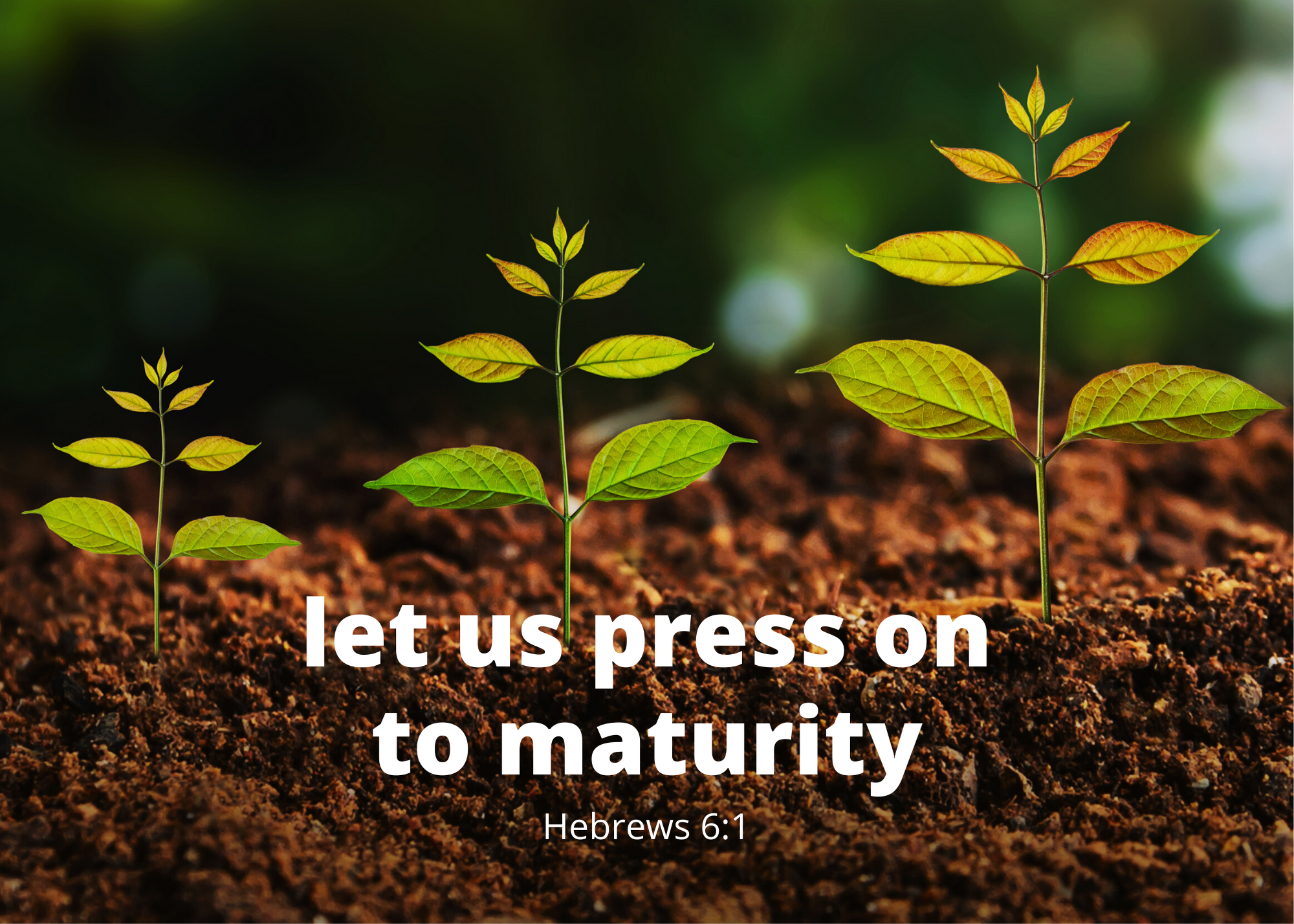
Old Testament Reading: Genesis 23 & 24
Psalms Reading: Psalm 14
New Testament Reading: Matthew 13
Genesis 2:7 tells us, “Then the Lord God formed a man from the dust of the ground and breathed into his nostrils the breath of life, and the man became a living being.”
In Genesis 3:18, God told Adam, “By the sweat of your brow you will eat your food until you return to the ground, since from it you were taken; for dust you are and to dust you will return.”
What kind of dirt are you?
Many years ago, our family built a house. Once construction was done, we needed to seed the yard so we could have a lawn. I tilled the yard and raked it out. My son Chris (who was about 4 at the time) and I then broadcast grass seed. Some of the seeds fell on the driveway, some fell under spruce trees along our property line, and some (most) were scattered on dirt. We talked about which seeds we expected to grow, and why. I then told Chris a story Jesus told, as recorded in Matthew 13, about a farmer who scattered seeds.
In Jesus’ story, there were four places the seeds fell. The first seeds fell along the path, and birds ate them up. Jesus explained in Matthew 13:19, “When anyone hears the message about the kingdom and does not understand it, the evil one comes and snatches away what was sown in their heart. This is the seed sown along the path.”
The second example of seeds fell on rocky places where there wasn’t much soil. It sprang up quickly but then withered. Jesus explained in Matthew 13: 20-21, “The seed falling on rocky ground refers to someone who hears the word and at once receives it with joy. But since they have no root, they last only a short time. When trouble or persecution comes because of the word, they quickly fall away.”
The third seed fell among thorns, that grew up and choked the seed. Jesus explained in Matthew 13: 22, “The seed falling among the thorns refers to someone who hears the word, but the worries of this life and the deceitfulness of wealth choke the word, making it unfruitful.” (Luke 8:18 also includes “pleasures” causing choking.)
The final seed fell on good soil. Jesus explained in Matthew 13:23, “But the seed falling on good soil refers to someone who hears the word and understands it. This is the one who produces a crop, yielding a hundred, sixty, or thirty times what was sown.”
In Jesus’ story, the seed was the good news about the Kingdom of God. In each of these examples, the seed was good; the difference in productivity was because of the soil. So I’ll ask again, what kind of dirt are you?
Do you understand the magnitude of the good news about the Kingdom of God and what that means for you if you follow God wholeheartedly?
Are you easily discouraged in your Christian walk when difficulties arise?
Are you distracted from wholeheartedly following God by worries? Or pleasures? Or wealth? Or the good things this life has to offer?
Or are you bearing a crop for God? And if you are, what does that look like? Here are some examples:
- Winning others to Christ (Romans 1:13)
- Giving money to further God’s work (Romans 15:25-28)
- Doing good works (Colossians 1:10)
- Growing in Christian character (Galatians 5:22-23)
- Continually offering a sacrifice of praise to God (Hebrews 13:15)
And if you are bearing a crop, how productive are you? Are you bearing 100 times what was sown? 60 times? 30 times? I think we all need to work on this.
In closing, since you’re just dirt, you might as well be the best dirt you can be. Go bear much fruit.
-Steve Mattison
P.S. It was hard for me to decide what to focus on for today’s devotion. Since I’ve previously written a devotion (How to get a Spouse) based on the Genesis 24 reading for today, I thought I’d focus on Matthew 13 instead.
Reflection Questions
- All four seed/dirt examples first required hearing the word. What are you doing to hear the word of God about the good news of His Kingdom?
- Examine your life – what type of dirt have you been previously and are you now? ON THE PATH -hears the message, doesn’t understand -evil one snatches it away ROCKY GROUND – no root – trouble and persecution – fall away IN THORNS – choked out by worries, deceitfulness of wealth and pleasures GOOD SOIL – hears and understands – produces a good crop
- What kind of dirt do you want to be? What will it require if you are currently a different type? What type of fertilizer and additives can you add to your dirt? What can be strained out and removed from your dirt to help you grow a better crop?
- What might Jesus have wanted us to learn about God, the ultimate giver of the Kingdom message, today?








